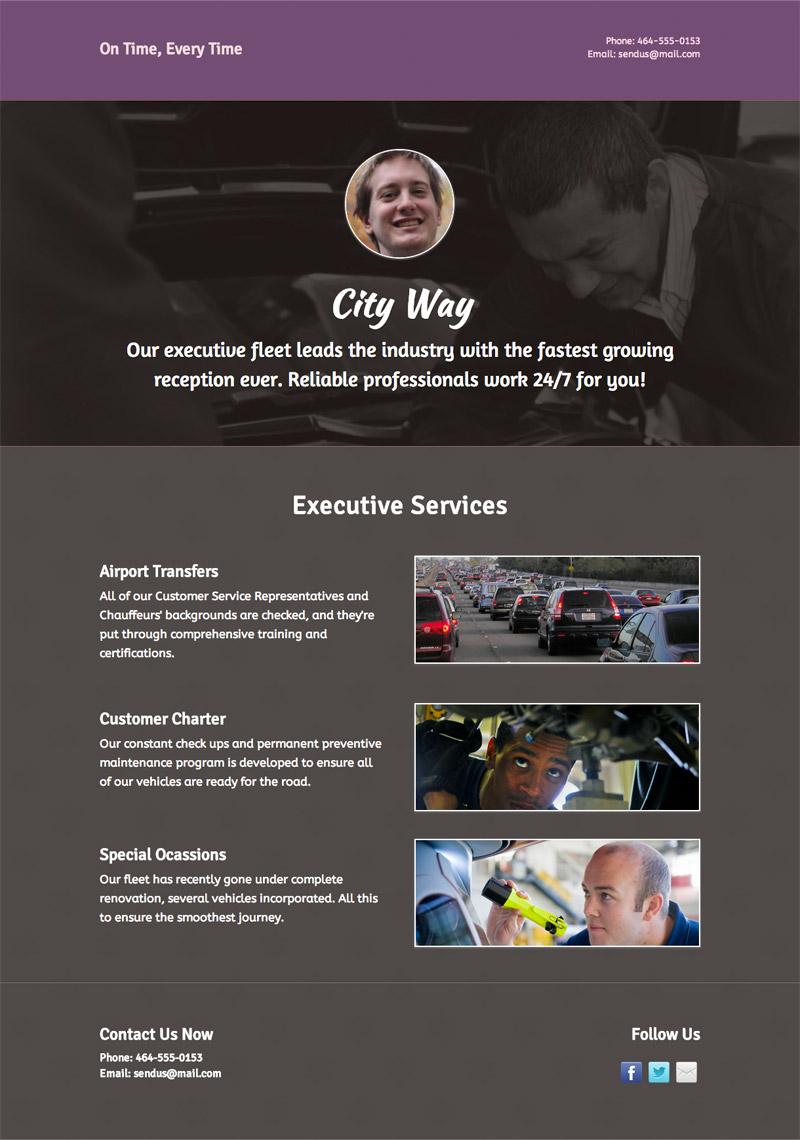Many distributors and their respective MLM companies are well aware that there is a much better, yet worrisome world beyond the limiting capacities of replicated websites – an issue ‘clearly’ outlined in their itemized manuals. Taking a look at a sample of Internet Policies one can quickly realize that there is no true best practice in the MLM industry, and companies are struggling to balance compliance with the needs of their modern distributors. So, what’s the right path to take? Why are some MLM’s Internet Policies wide open, while others are locked down?
Ranging from liberal to ultra-conservative, here are the three most common types of Internet Policies used by MLMs.
1. The Liberal – Distributors can immediately launch their own personal websites

Virtually all MLMs offer replicated websites to their distributors. With the emerging realization that these lackluster sites aren’t effective, some 40% of MLMs have taken the bold step of allowing any distributor to create and maintain their own personal websites (or blogs). There are varying restrictions on what types of content can be included on these sites; FLP & ACN for example allow their distributors free reign over personal sites, so long as they adhere to a set of company Internet usage policies. The most common of which are: distributors may not use any of the trademarks, trade names, product names, domain names, or any corporate copy that might mislead a visitor into thinking they are representing the company. Hammering this point home, they require all sites to be reviewed each time an update is made, and mandate a clear “Independent Representative” label on the site. While there are finer nuances in each MLM’s Internet Policy, the practice of allowing any distributor at any level to dive right into marketing their products and opportunity online is clear evidence of a prevailing need amongst distributors for a tool beyond their replicated site, and the MLM’s acknowledgment of such a need.
While still limiting, pretty generous for an MLM company right? More like a compliance department’s nightmare, when it comes to monitoring and correcting distributors’ comments, blogs, and testimonials – especially amongst the novice direct sellers in the system who aren’t used to the game quite yet. Remember, it only takes one bad apple to spoil the bunch.
2. The Conservative – Distributors can launch their own personal websites only after achieving a certain rank

With some MLMs taking the approach of opening the personal website floodgates to any new distributor that joins their company, another 40% are taking the stance that their distributors can enjoy the privilege of having their own site only after reaching a certain rank in the company. Quite similar to the restrictions set forth by the more liberal network marketing companies who allow any direct seller to have their own personal website – the conservative MLMs also require their distributors to have a certain level of experience before diving into the risky, compliance-issue ridden world of the Internet. NuSkin & Usana for example require distributors to reach the ranks of Blue Diamond and Gold Director, respectively, in order to maintain their own sites.
This requirement, while limiting the initial capabilities of new distributors, ensures that those who are online have significant experience and knowledge regarding the company and its products or services. These distributors are used to playing by the rules generally, and are much more aware of what’s risky and what’s appropriate to say. A huge risk management boast for an MLM’s compliance department, not only in terms of distributors knowing and following company guidelines, but also in minimizing the sheer amount of sites which they have to monitor and correct.
3. The Ultra-Conservative – Distributors are limited to only their replicated websites
Unlike the two MLM types discussed above, there are still a small number of companies who refuse their distributors the value of having a personal website at all. While a company can’t ban their distributors from having a blog or website in general, MonaVie for example mandates that any website used to “market, sell, advertise, promote, or discuss its products, services, or opportunity” is off limits. While only a smaller 20% sliver of MLMs take this hardline stance of denying their distributors a personal website, it must be a huge relief to the compliance department to not worry about dealing with the on-going monitoring of these independent sites.
But how does this impact the effectiveness, yet alone the attractiveness, of an MLM company? Limiting distributors to replicated websites may pacify compliance teams, thinking they’re promoting a culture of Internet compliant distributors (to a point), but how long is it before they move onward to an opportunity where the grass is greener, and they have the ability to maintain their own personal sites – at least at some point in their tenure with the company…

So what’s the best approach?
While each policy type must be effective in its own right for a particular organization, none are really addressing the true nature of the issue head on. All of the above MLMs offer their distributors replicated websites, while the next twenty line-items listed in their manuals immediately address the flexibility distributors have to develop their own sites beyond the MLM’s standard replicated websites – or lack thereof. There is a realization that something needs to be done to better protect the company, while still enabling distributors to harness the vast potential of the web.
Tools like Empowerkit can alleviate the monitoring and subsequent correcting headache felt by many compliance departments, and offers distributors the flexibility in a website that they seek since, more often than not, their replicated websites suck. Virtually all MLM companies realize this, and it’s an issue that isn’t going away anytime soon. On the contrary, it’s only going to increase in significance, and how an MLM handles enabling or restricting their distributors with its Internet Policy is going to ultimately lead to success or failure in the future.
How does your MLM handle its Internet Policy? Do you see more flexible replicated websites as a way for MLMs to decrease risk for the company, while increasing effectiveness for its distributors? I’d love to hear your thoughts – please comment below!
Image Credits: Nostri-Imago (Rockwell), -Marlith- (Grass), Homini (Rank Ceremony)






Please leave a comment